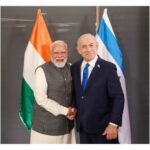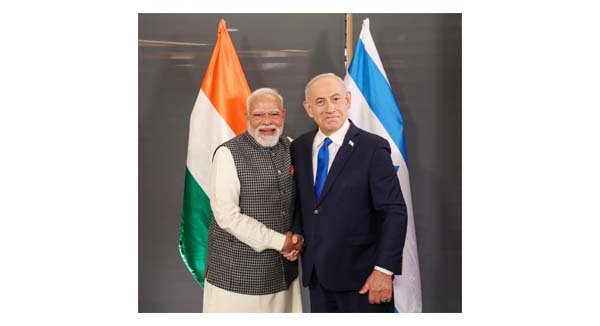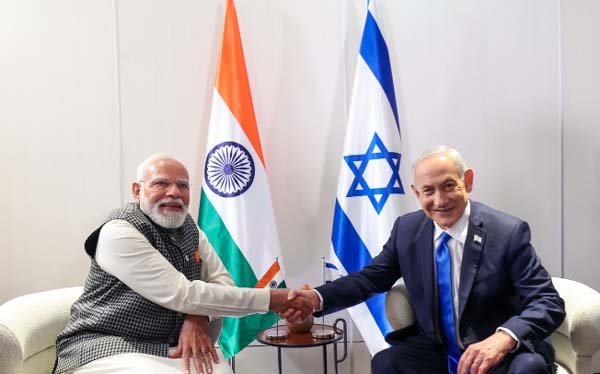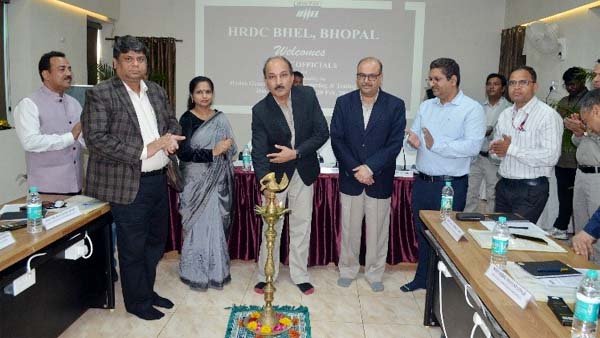New Delhi, Oct 10 (UNI) The Supreme Court today issued notice to the union Government and the Election Commission of India (ECI) on a Public Interest Litigation (PIL) seeking to extend voting rights to undertrial and pre-trial prisoners across the country.
A Bench comprising Chief Justice of India B.R. Gavai and Justice K. Vinod Chandran sought responses on the PIL filed by Sunita Sharma, represented by Advocate Prashant Bhushan.
The petition challenges Section 62(5) of the Representation of the People Act, 1951, which imposes a blanket ban on voting by individuals confined in prisons, irrespective of whether they are convicted or merely awaiting trial.
The provision states that “no person shall vote at any election if he is confined in a prison or in lawful custody of the police,” except for those under preventive detention.
The petitioner argues that such a sweeping disqualification violates the principles of democracy and the presumption of innocence, as nearly 75 percent of India’s prison population comprises undertrial prisoners.
She contends that the restriction should not apply uniformly but should be based on individualised judicial consideration, particularly excluding only those convicted for electoral or corrupt practices.
Filed under Article 32 of the Constitution, the plea seeks directions to the ECI to set up polling stations within prisons and to make provision for postal ballots for prisoners lodged outside their home constituencies or states.
It also urges the Court to fill the legal vacuum left by Section 62(5) by framing guidelines that limit disenfranchisement only in cases involving final conviction or specific judicial determinations.
Citing global practices, the plea notes that most democracies restrict voting rights of prisoners only after final conviction or through individualised judicial determinations.
It highlights that even in Pakistan, undertrial and pre-trial prisoners retain their right to vote, making India’s blanket ban an exception among democracies.
The petitioner further argues that India’s current approach contradicts its international obligations under treaties such as the International Covenant on Civil and Political Rights (ICCPR), which recognises every citizen’s right to participate in public affairs and vote in genuine periodic elections.
Raising a constitutional question, the plea asks, “If convicted persons can contest elections, why can’t undertrials vote?” and points out that even individuals serving prison terms are allowed to contest elections, thereby influencing governance.
The petition also distinguishes the current case from the 1997 Supreme Court judgment in Anukul Chandra Pradhan v. union of India, which upheld Section 62(5) on the ground that the right to vote was merely statutory.
Referring to the 2023 Constitution Bench judgment in Anoop Baranwal, which recognised the right to vote as a constitutional right, the petitioner submits that the earlier view no longer holds good.
The matter will now be listed for further hearing after the Centre and the ECI file their responses.











